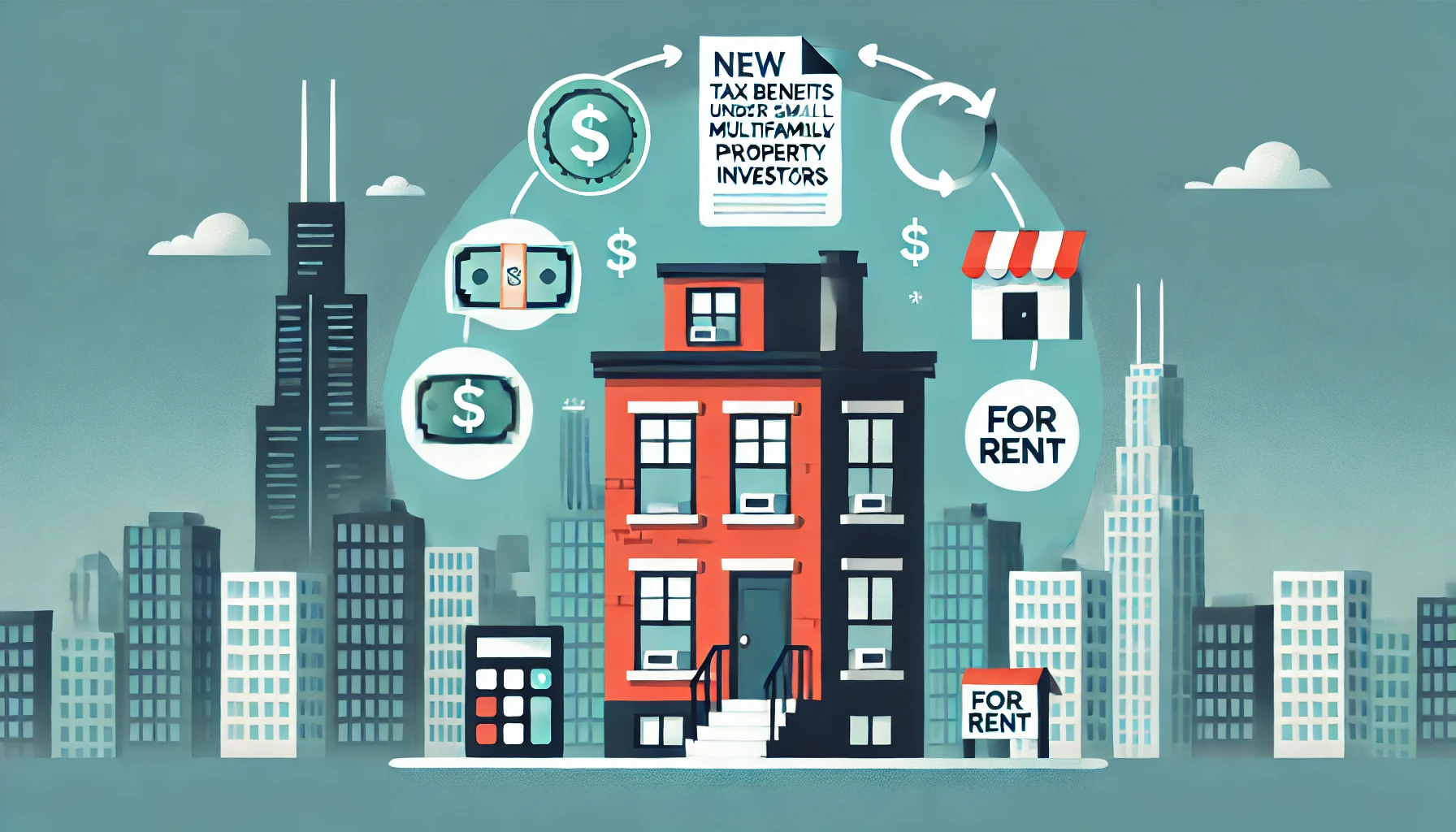Quietly tucked into the middle of summer, Congress passed the "One Big Beautiful Bill Act" (OBBBA 2025), and it's a game changer for small real estate investors.
This legislation reopens powerful tax strategies that had been fading, reinforcing real estate’s place as one of the most tax-advantaged asset classes available. Here’s a breakdown of what changed—and how to use it to your advantage if you own or plan to invest in residential real estate.
🔁 1. Bonus Depreciation Returns—A Time-Sensitive Tax Advantage
One of the most impactful changes in the bill is the full reinstatement of 100% bonus depreciation for qualified assets placed in service between January 19, 2025, and January 1, 2030.
In practical terms, that means investors can immediately expense a significant portion of property improvements like flooring, appliances, HVAC, and more—all in year one. This dramatically reduces taxable income and boosts early-year cash flow.
Why it matters:
This provision had been phasing out (it was at 60% in 2024), making real estate less tax-efficient. Now, the window reopens—but only for a limited time.
Key investor implications:
Ideal for those planning major CapEx or acquisitions in 2025
Useful for offsetting high-income years
A strong reason to revisit cost segregation studies
If you’ve been waiting for the right moment to acquire or improve property, this may be it.
💼 2. 1031 Exchanges Remain Intact
For the third time in recent years, 1031 exchanges survive another round of legislative scrutiny.
These like-kind exchanges let you defer capital gains when you sell an investment property and roll the proceeds into another. For long-term portfolio builders, this is a cornerstone of tax strategy.
What’s important here:
No new restrictions or limits
Still applies to residential investment property
Can be used repeatedly to build wealth tax-deferred
Pro tip: Even if you’re not planning a sale, knowing how and when to use a 1031 can shape acquisition decisions now.
🏠 3. Turning a Personal Home Into a Rental Is Still a Quiet Tax Win
While not new to this legislation, OBBBA 2025 is a timely reminder that converting a former primary residence into a rental property unlocks a different—and often overlooked—set of tax advantages:
Full deduction of property taxes (no SALT cap)
Depreciation begins—even if you’ve owned the home for years
Deductions for repairs, management fees, and more
Many homeowners assume they should sell when moving. But renting out a former home can be the first—and often most overlooked—step toward long-term wealth creation.
If you own a property with a low cost basis, renting instead of selling could be the smarter financial move.
✅ Your Action Plan for 2025 and Beyond
Identify immediate improvements for your current or newly acquired properties to fully leverage the return of 100% bonus depreciation.
Review your portfolio: Consider properties you might sell and reinvest through a 1031 exchange.
Get educated on the benefits of converting homes to rentals, maximizing your long-term tax benefits.
🔑 The Bottom Line: Real Estate Just Got Even Better
No matter your experience level, OBBBA 2025 makes it even more attractive to own and invest in rental properties. Whether you're just starting with a duplex or managing a growing portfolio, these new tax provisions mean more savings, more opportunities, and greater wealth-building potential.
Smart moves now mean stronger returns down the line. Don't let this opportunity pass you by.
Disclaimer: This article is for informational purposes only and does not constitute tax or legal advice. Please consult your CPA or legal advisor to discuss how these changes may apply to your situation.



